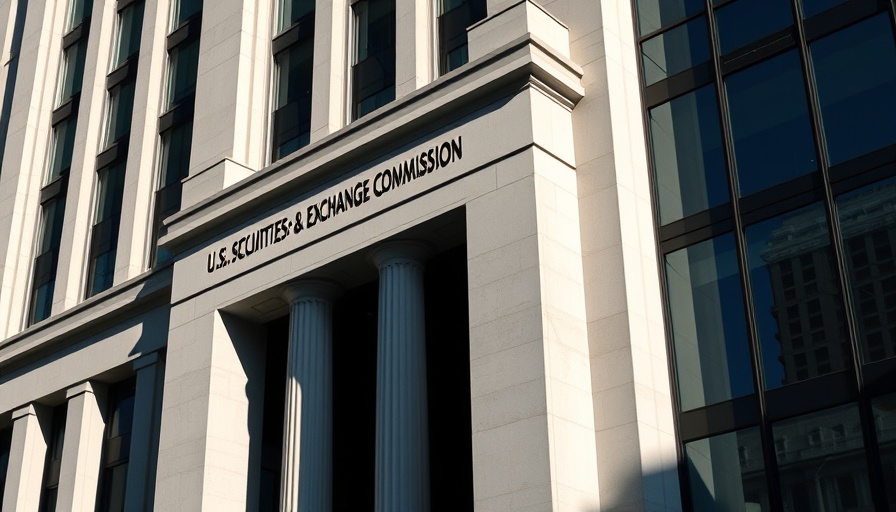
Unmasking the Scheme: Inside Andrew Jacobus’ Fraudulent Operations
The recent accusations leveled against Andrew Jacobus by the SEC reveal a troubling case of financial exploitation that has far-reaching implications, particularly within the Venezuelan community in the United States and beyond. Over nearly nine years, Jacobus allegedly defrauded approximately 40 clients, including vulnerable Venezuelan nationals and Catholic clergy, of nearly $17 million while falsely assuring them of sound investment strategies through his companies, Kronus Financial Corporation and Finser International Corporation.
A Dark History and a New Revelation
Jacobus’s journey into financial advisory began in 2010, shortly before he purportedly started taking advantage of unsuspecting clients. His previous settlement with the SEC in 2020 for exorbitant performance fees only hints at a recurring pattern. With a track record that should have raised red flags, Jacobus’s latest actions are a poignant reminder of the risks faced by vulnerable populations in the financial sector, especially those who may not fully understand the nuances of investment.
The Mechanics of Deceit: How Jacobus Operated
According to the SEC complaint, Jacobus executed his fraud by soliciting investments under the pretense of investing in a supposed fund, Corfiser SIMI, which he falsely claimed was focused on lucrative IPOs. With over $39 million raised, it became evident that much of this money was not used as intended; instead, it fueled Jacobus's lavish lifestyle, including expensive real estate and luxury vehicles. He reportedly doctored client statements, creating fake appearances of active investments—an alarming tactic that has been seen in various financial fraud cases.
The Impact on Victims: A Personal Toll
The stories of his victims are particularly striking. Among them are prominent Venezuelan figures—a renowned sculptor, a distinguished plastic surgeon, and a businessman from Caracas. Those who sought Jacobus's expertise found themselves ensnared in a web of deception, left with little recourse as he cited liquidity issues in a bid to obscure the truth. The audacity to target individuals already facing financial uncertainty due to the economic crisis in Venezuela adds an unsettling layer to this narrative.
Current Context: National Trends and Accountability
This case is symptomatic of a broader issue within the financial advisory sector—one that requires vigilance from both clients and regulators. As financial fraud becomes increasingly sophisticated, the importance of education and transparency cannot be understated. Financial planners and advisers must prioritize integrity and ensure that their clients understand the investments they are making. This incident stresses the need for accountability in an industry that often operates with a level of opacity that can endanger clients’ financial futures.
Moving Forward: Lessons to Learn
As these allegations unfold, the wider financial community must reflect on the inherent vulnerability of certain client demographics, particularly immigrant populations and the elderly, who may find themselves isolated in their financial journeys. The SEC’s action against Jacobus serves as a reminder that regulatory bodies are watching, and transparency is essential for rebuilding trust in financial advising.
In light of this incident, financial professionals must take proactive steps to educate their clients about the risks of investments, ensuring that they are aware of the potential signs of fraud. By fostering open conversations and maintaining clear communication, advisers can help mitigate the risks of falling victim to such schemes in the future.
 Add Row
Add Row  Add
Add 




 Add Row
Add Row  Add
Add 

Write A Comment